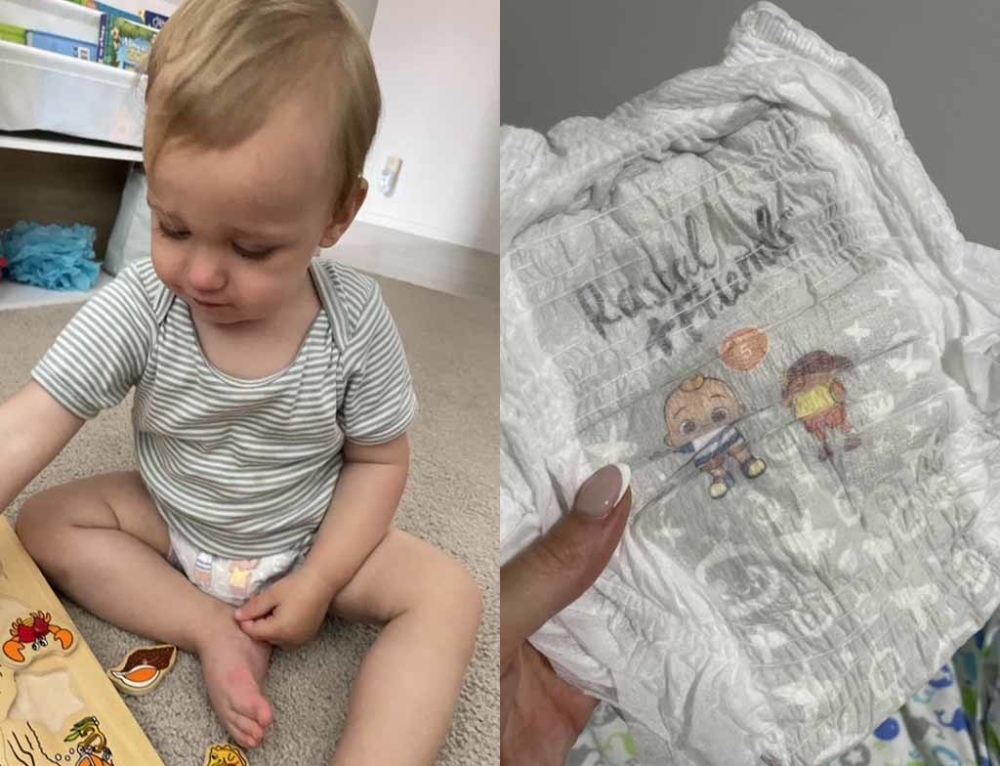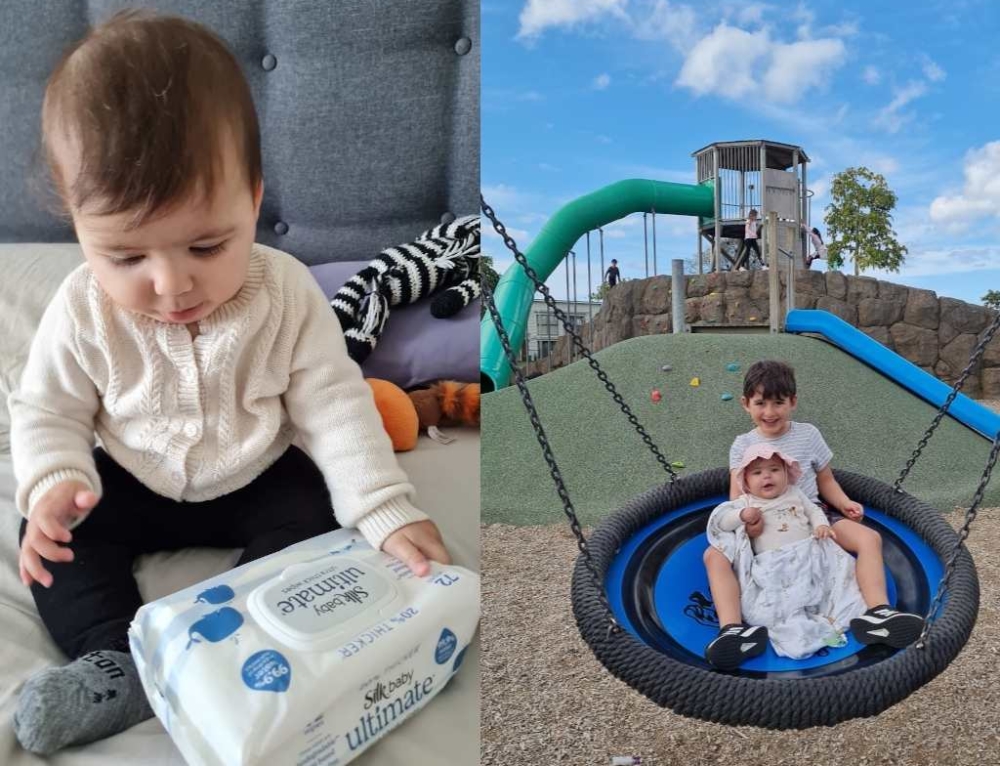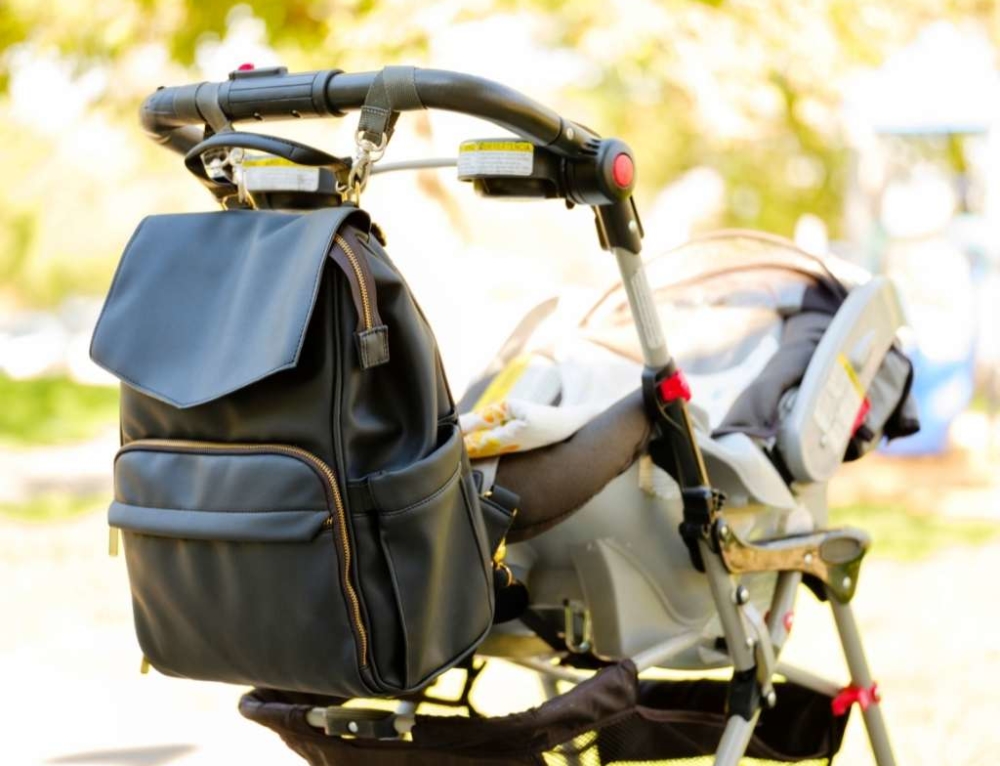All newborn babies cry. Even entirely healthy newborns will cry for up to three hours each day. It’s normal. It might not sound normal to a new mother, but it is.
Crying is the main communication tool for newborn babies who can’t talk and rely on someone else to provide them with the food, warmth, and comfort that they need. But is there anything worse than being a new parent desperately trying to work out what your baby’s cry is trying to tell you? NO! But take the time to gradually begin to recognise your baby’s different crying patterns and, as you get to know her better, anticipate her needs.
The most common reasons babies cry are listed below. If you have a baby that is unsettled, then try working your way down the list. That way, you can reassure yourself that you are meeting your baby’s needs and not get so flustered once you hear those squeaky little shrieks coming from your baby.
Crying reason #1 “Feed me”
Who wouldn’t cry if they want more food? Even adults get cranky when they are craving their next meal. Hunger is the most common reason a new baby cries and the younger bub is, the more likely it is that she is crying because she is hungry. A baby’s small stomach cannot hold very much, so if your baby cries, try offering her some milk. She might not stop crying immediately, but let her keep feeding as some babies only soothe themselves gradually as their stomach fills up. If your baby has been fed and is still crying, however, perhaps she is expressing the next need.
Crying reason #2 “This new world is full of crazy sensations – make me comfortable”
When you’ve been swimming around in utero for nine months, a newborn must find the sensation of wearing clothes and a nappy somewhat odd. Some babies don’t mind if their nappies are full but others demand to be changed immediately, especially if tender skin is being irritated. Checking baby’s nappy and changing it may stop her crying – but newborns tend to find the cold breeze and sensations during nappy change a problem too. If your baby is like this, you will soon learn how to perform a nappy change quickly so that you can calm her down again. A nappy-change also gives you an opportunity to check that a nappy tab isn’t too tight or that there isn’t something else about clothing making her uncomfortable.
Crying reason #3 “It’s hot, it’s cold, I wanna be just right”
Mums tend to overdress their precious new bundles in the hope that we’re doing the right thing. Overdressing a baby can be as cry-inducing as underdressing your bub, so make sure she doesn’t get too hot. A good rule to follow is that she needs to wear one more layer of clothing than you do to be comfortable.
Cotton muslin wraps and cellular blankets are great for bedding and wrapping, especially so you can add and remove layers as necessary. The best way to check whether your baby is too hot or too cold is by feeling her stomach – don’t be guided by how warm or cold the hands or feet are, as it is normal for them to feel slightly cold. Keep your baby’s room at a temperature of around 18 degrees celsius and put her down to sleep on her back with her feet at the end of the cot so that she can’t wriggle too far down under the blankets and get too hot that way.
Crying reason #4 “Where’s my mummy’s heartbeat?”
After swimming in amniotic fluid for nine months and hearing the familiar beat of their mother’s hearts, so babies need a great deal of cuddling and reassurance now they are out in the big wild world. An older child may be soothed by seeing you in the room or hearing your voice, but new babies often need close physical contact for comfort. If you’ve fed your baby and changed her nappy, you may find that she now simply wants to be held. Some parents worry that they will “spoil” their baby if they hold her too much, but during the first few months of life that’s impossible. While some babies don’t seem to need that much physical contact, others want to be held almost all the time. If your baby needs a lot of holding, a baby sling which allows you to keep your baby close while leaving your hands free for other tasks.
Crying reason#5 “I am soooo tired”
It is easy to assume that babies will fall asleep whenever they need to, wherever they are, but they don’t. If your bub has been receiving a lot of attention from visitors or grandparents, she can become overstimulated and then find it hard to “switch off” and settle. Newborns can find it difficult to cope with too much stimulation at once – the lights, the noise, being passed from one adoring relative to the next – and can become overwhelmed by it all. Many parents have found that their baby cries more than usual when relatives come to stay, or sometimes just towards the end of each day. If you can take her somewhere calm and quiet, gradually withdrawing the stimulation, she may gradually slow down the crying and eventually settle to sleep. Sometimes rocking, patting and wrapping the baby can also calm them down and soothe them to sleep.
Crying reason #6 “Just make me feel better”
If you’ve fed your baby and checked that she’s comfortable, most parents start fretting that there is a health problem making the baby cry. First-time parents can find it hard to tell whether their baby is crying purely because she’s uncomfortable or whether there’s something genuinely wrong. A baby who is ill often cries in a different tone to her usual cry – it may be more urgent or high-pitched. But it’s also true that for a baby who normally cries frequently, an unusual quietness can be a sign that she’s not well. If your instincts tell you something may be wrong, give your doctor or health nurse a call – they are used to parents asking all kinds of questions and will be able to reassure you that there isn’t a physical cause for your baby’s crying. Always call your doctor if your baby has difficulty breathing through the crying, or if the crying is accompanied by vomiting, diarrhoea or constipation.
Crying reason #7 “I am just colicky”
Babies are like people and have unique personalities. Some babies simply become unhappy, fretful and difficult to comfort. Unsettled periods can range from a few minutes of hard-to-console crying to several hours at a stretch, an almost constant state of crying that is sometimes called colic. A technical definition of colic is inconsolable crying for at least three hours a day, for at least three days a week. Many parents find it very difficult to cope with a baby who has colic, and it can put a strain on the whole family. There is no magic cure for colic, but it rarely lasts for more than three months. If you can hold on to the fact that your baby will grow out of it, that may help.
This article was written for Kidspot.
Do you find it easy or difficult to understand your baby’s cries?
Read more on Kidspot:







Leave A Comment
You must be logged in to post a comment.